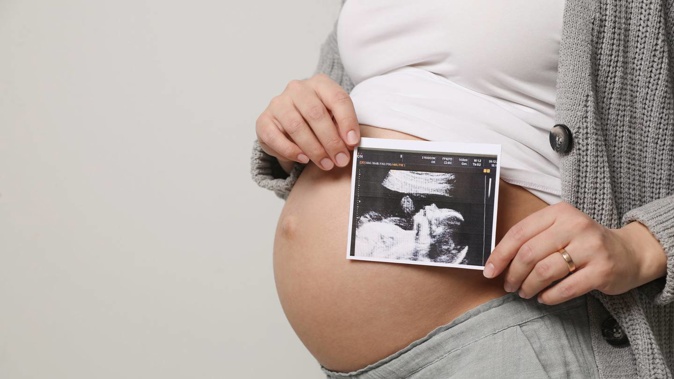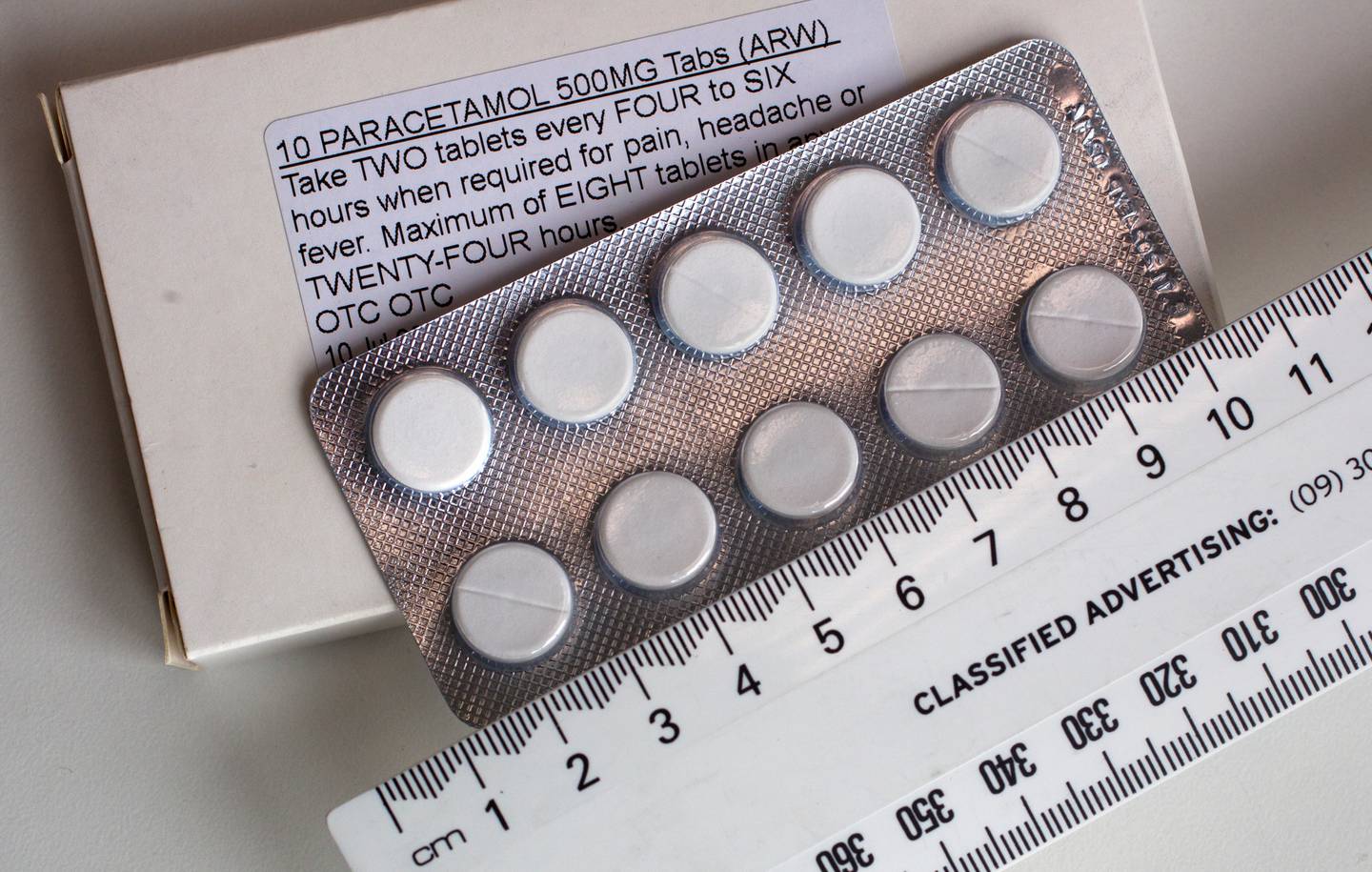
New research shows a possible link between mothers taking paracetamol in pregnancy and depression in young children.
A University of Auckland study found statistical associations between four health and lifestyle factors of women during pregnancy that seemed to predict later depression in kids, and paracetamol use was one of them.
The other three are obesity, smoking, and stress, which are equally - if not more - important, says Professor Karen Waldie from the School of Psychology.
"Women shouldn't be alarmed, but mounting evidence suggests it may be wise to use as low a dose of paracetamol as possible for the shortest time possible during pregnancy," she said.
Waldie and her colleagues mined data from the country's biggest longitudinal study Growing Up in New Zealand relating to nearly 4000 8-year-olds and their mothers.
The mothers were quizzed during pregnancy and eight years later, their children were quizzed on signs of depression like low mood, loss of appetite and sleep disturbance.
Using statistical methods to analyse the data, the researchers found a "small but significant" statistical association between paracetamol use and depression signs.

Researchers found statistical associations between four health and lifestyle factors during pregnancy that seemed to predict later depression in kids, and paracetamol use was one of them. Photo / NZME
"The prevalence of depression in young people has increased rapidly over the past 10 years," they wrote in the report "Prenatal determinants of depressive symptoms in childhood: Evidence from Growing Up in New Zealand".
Research from the US shows depression affects around 1 per cent of pres-schoolers and 2 per cent of children.
The study feeds into growing research on how exposure to certain nutrients and chemicals during pregnancy may affect how children development, a process known as "fetal programming".
Epidemiological studies show statistical associations between paracetamol in pregnancy and attention deficit disorder, autism, language delay in girls and decreased intelligence quotient in children, but nothing has been proven.
But there are also limited options for treating pain and fever, which can harm mother and baby if left unchecked.
Academics at the University of Auckland say this latest research is the first to point to a potential link between paracetamol and childhood depression, which can put young people at increased risk of dependence on alcohol, suicide, and lower academic performance.
A previous University of Auckland study had shown paracetamol during pregnancy could increase the risk of ADHD-like behaviours in children.
Take your Radio, Podcasts and Music with you









